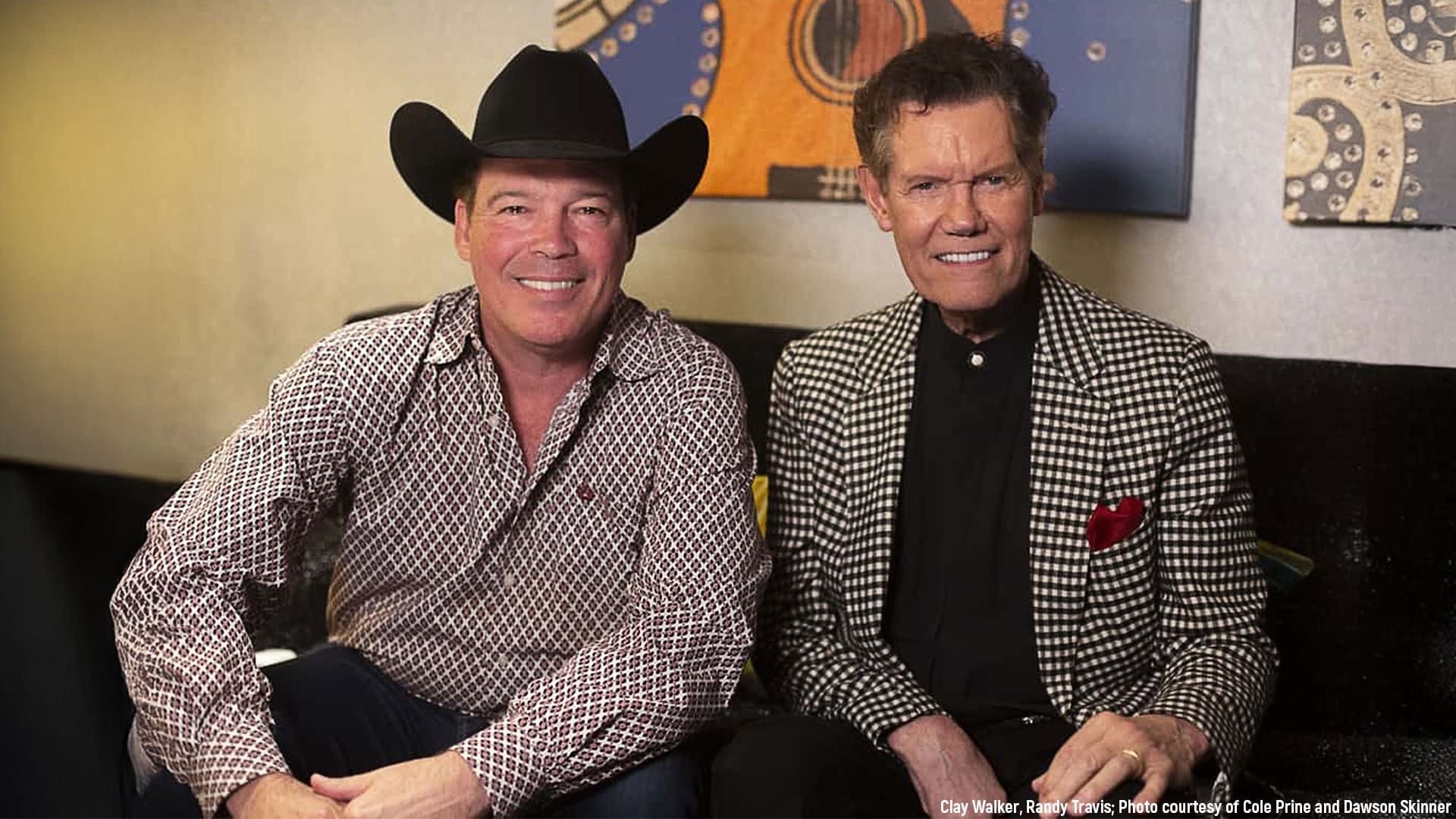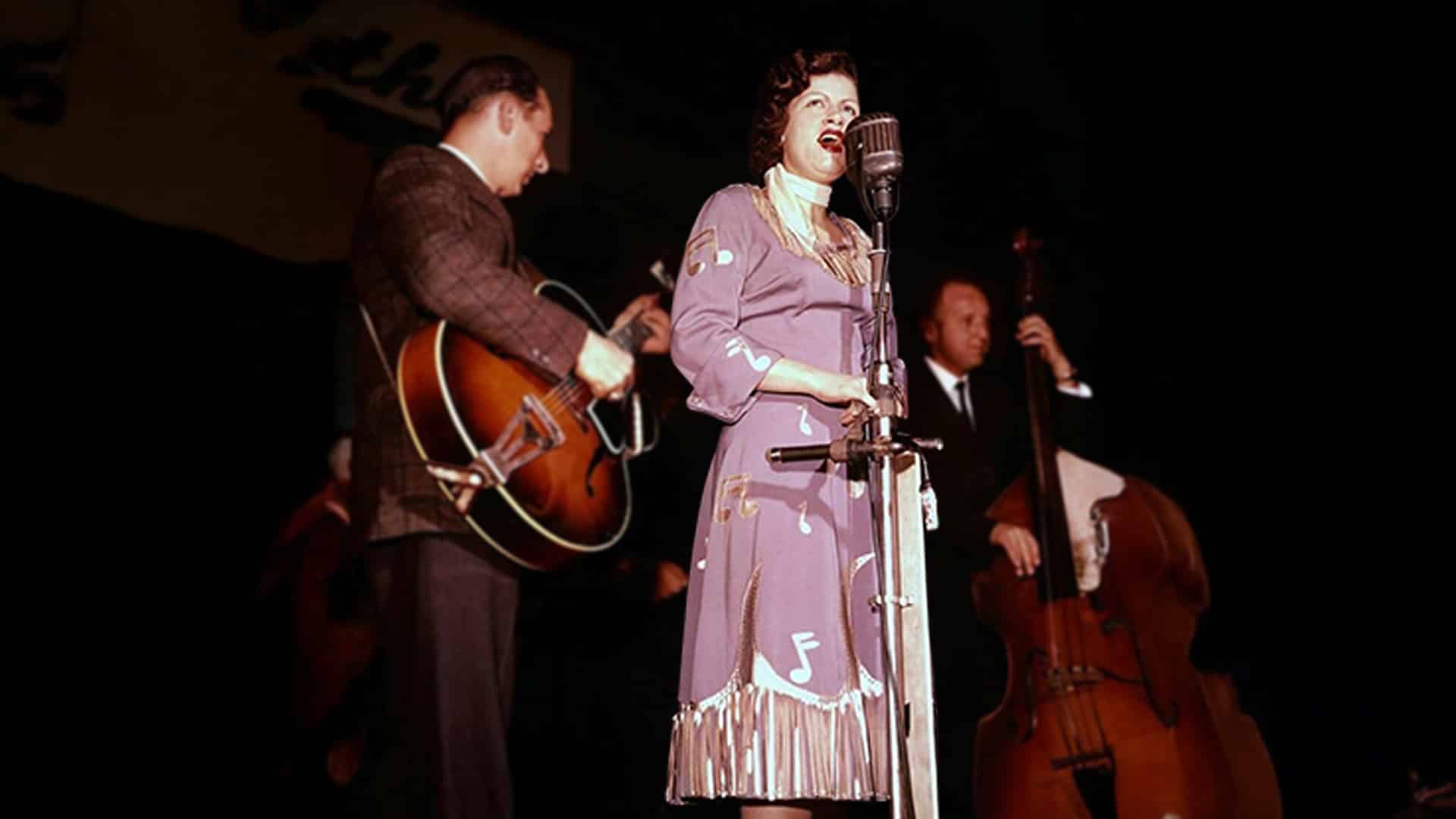First Lady of Country Music Tammy Wynette carved her own path of success when she released numerous hits as a singer between the ’60s and ’80s. Before her unfortunate death on April 6, 1998 due to health complications, Tammy Wynette had become one of the pillars of Country Music.
Let us take a look back at Tammy’s inspiring and colorful 25 year-career.
Birth of a Legend
Tammy was born in 1942 in Itawamba Country, Mississippi. Her father was a local musician who recorded briefly between 1939 and 1940. Unfortunately, her father died from a brain tumor while little Tammy was just 8 months old. Her mother left Tammy in the care of her grandparents.
At age 9, Tammy discovered her love for music. She began picking and playing melodies on her father’s old instruments. Tammy first sang publicly in a church. The experience delighted her and she wanted to sing more so she attended two churches. Soon, she teamed up with her high school friend, Linda Cayson.
Crashing and Landing
Through singing, Young Tammy’s rose to fame came to a crashing halt when she married at age 17. Bills mounted and she got buried in debt. Desperate to settle her bills and to provide for her family, Tammy went back working as a local singer.
A 10-day tour with Porter Wagoner built her confidence. She then moved to Nashville where she was discovered by Billy Sherill, known also as the architect of the Countrypolitan sound. Billy Sherrill had an excellent reputation for his choices of songs that would perfectly fit his artist. He would, later on, co-write several of Wynette’s biggest hits.
Under the guidance of Sherill, Tammy Wynette’s debut was a cover of Bobby Austin’s regional hit “Apartment #9.” This started the rise of one of the greatest female artists in history.
First Lady of Country Music
Wynette became known as the singer who could musically deliver something that only a few artists could do well. Her vocal tone exudes strength and confidence balanced by a tinge of meekness creating a picture of a woman who’s careful to not offend while telling you something dreadful.
She sang about domestic discords, a theme that captured many American women’s hearts through her early hits like, “I Don’t Wanna Play House,” “D-I-V-O-R-C-E,” and “Kids Say the Darndest Things.” Within just a couple of months, Wynette became one of America’s most popular singers, and for Nashville, the First Lady of Country music.
Stand by Your Man
“Stand by Your Man” was the last song that Wynette and Sherill wrote. It was the number one hit for three weeks during the spring of 1968. It also became one of the most controversial songs ever produced in the history of America’s music.
It was quoted on the Billboard Book of Number One as “a song that critics could like and dislike simultaneously.” Some also argue that the song was another way of saying “I love You” without any reservations.
Wynette, reportedly, said that the song took her only 15 minutes to write, but spent her whole lifetime defending it.
Poor Health
During the late ‘80s, Wynette’s hits gradually fell from the top of the charts. This was brought by the departure of Sherill from her creative theme and the changing trend in country music.
Fortunately for Wynette, she experienced some kind of a commercial resurgence in the early ‘90s through collaborations with the British Synth-pop group, KLF, and “Honky Tonk Angels” with Loretta Lynn and Dolly Parton.
Throughout all these projects, a bile duct infection almost took her life. The national media kept a tab on her health and she was able to recover. But this was not the first time Wynette became seriously ill. Since 1972, she had a total of 30 surgeries for several medical issues. That knowledge, however, still did not prepare many, especially her family, to her sudden death in 1998.
Sentimental Life
Despite Tammy Wynette’s drama-filled life, one would be able to contend that she deserved her title as the First Lady of Country Music. Winning several Grammys, Country Music Awards, Country Music Hall of Fame inductee and many more, Tammy Wynette’s road to success speaks for all women that they could achieve more than what society sanctions.


















